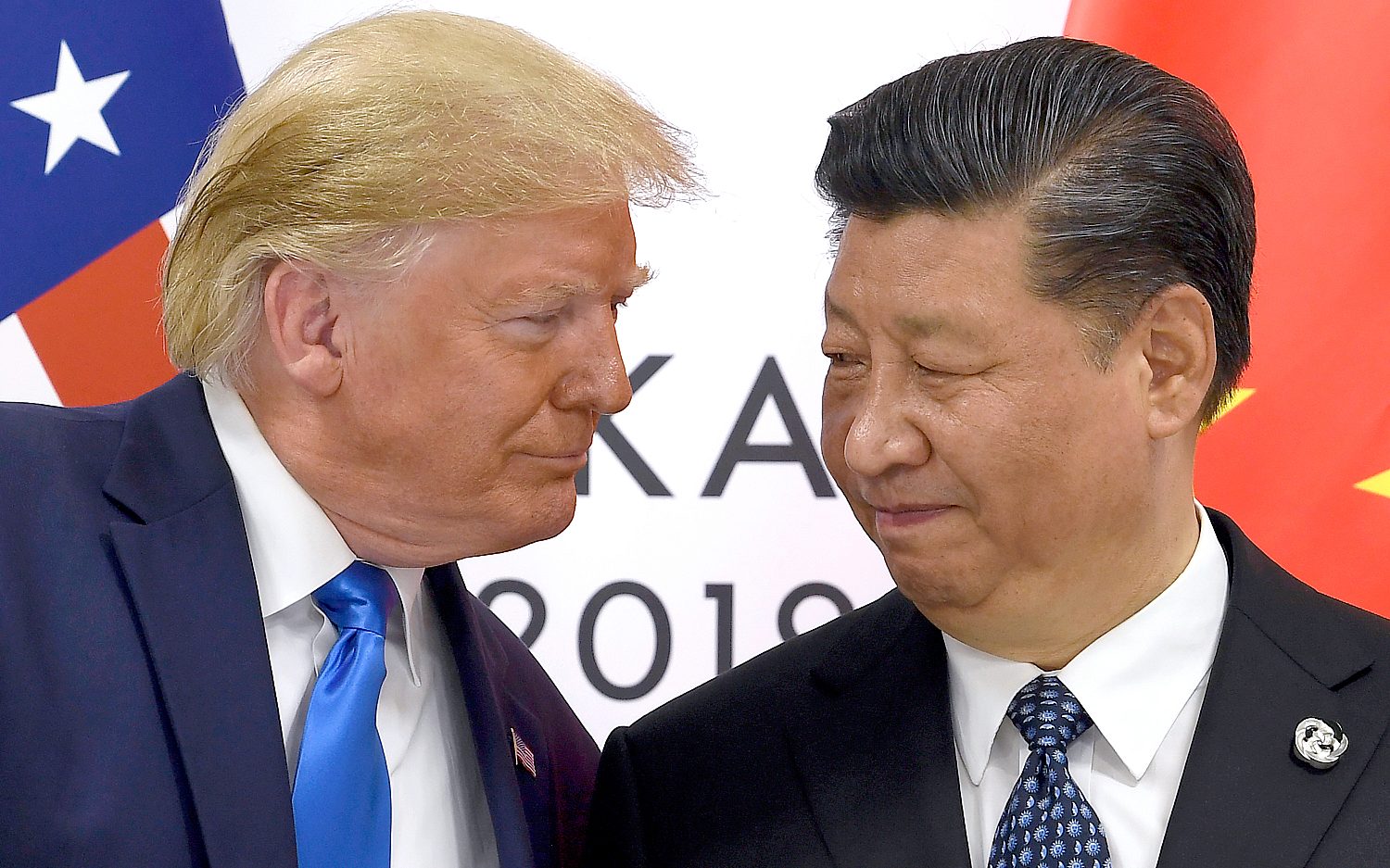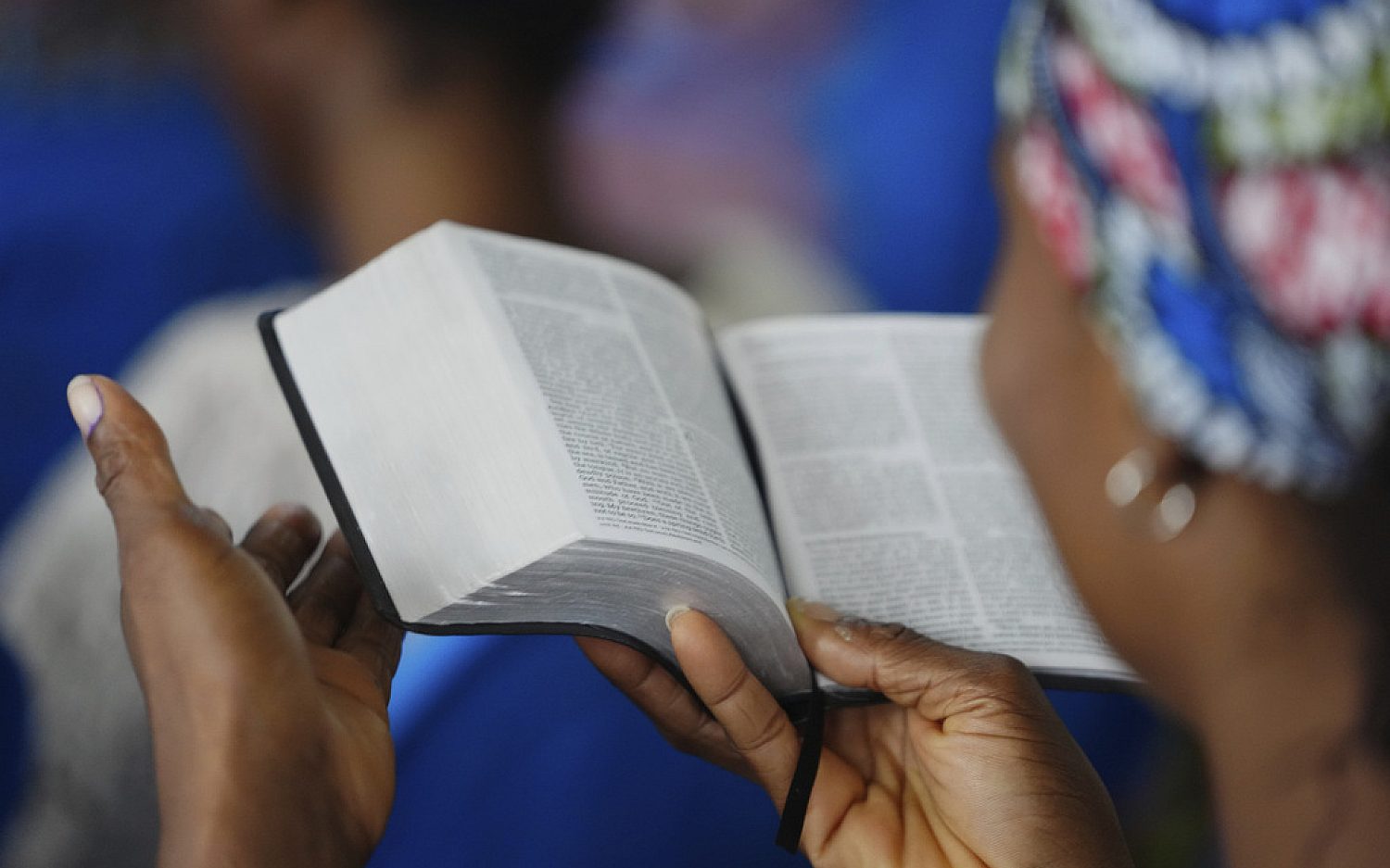Supreme Court denies gruesome abortion image case
The U.S. Supreme Court on Monday refused to hear an appeal of a Colorado ruling that bars protesters from displaying graphic images of abortion in places that might upset children.
The case originates from a 2005 protest near an outdoor Palm Sunday service at Denver’s Saint John’s Cathedral Episcopal Church—a congregation known for its support of abortion—during which anti-abortion activists held up graphic images of aborted babies. The church sued the lead activist, Kenneth Scott, for displaying gruesome images with 200 children present. Both the lower court and the Colorado appeals court ruled in favor of the church, saying there was a “compelling government interest in protecting children from disturbing images.”
Scott filed a petition seeking Supreme Court review. His attorney, UCLA professor and blogger Eugene Volokh, argued that “the ‘gruesome images’ provision restricts speech that is central to petitioners’ message,” and the restriction is content-based, applying to a “quintessential traditional public forum, a public sidewalk.”
The Supreme Court denied hearing the case, giving no reason for its decision.
“This remains as an issue across the country, and perhaps one day the U.S. Supreme Court will hear another case like it,” Volokh said.
According to The New York Times, Volokh told justices that allowing the presence of children to limit what adults may see could justify all sorts of pernicious restrictions on speech. He added that Scott’s images provided valuable information to young people: “Regrettably, many American girls are getting pregnant, and participating in the making of decisions about abortion, even in their teens. Children must be allowed the freedom to form their moral, religious, and political views about abortion on the basis of uncensored speech before they reach the age when they have to decide whether to have an abortion.”
In a brief supporting Scott, First Amendment lawyers and scholars wrote, “The decision of the Colorado Court of Appeals, which upholds a content-based restriction on political speech in a public place, is fundamentally incompatible with this Court’s understanding of the First Amendment. It should not be allowed to stand. … The Constitution does not permit the government to restrict speech because it offends or disturbs others.”
Volokh told The New York Times that vivid images are “very often the most effective way of conveying a moral truth,” and that, “the gruesomeness of the image reflects the gruesomeness of the act [abortion].”
An actual newsletter worth subscribing to instead of just a collection of links. —Adam
Sign up to receive The Sift email newsletter each weekday morning for the latest headlines from WORLD’s breaking news team.




Please wait while we load the latest comments...
Comments
Please register, subscribe, or log in to comment on this article.